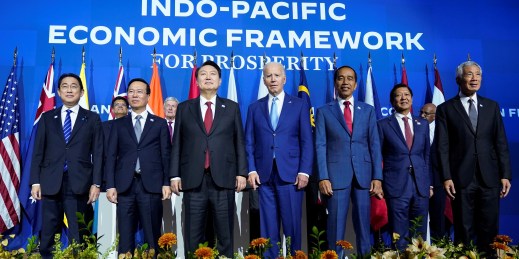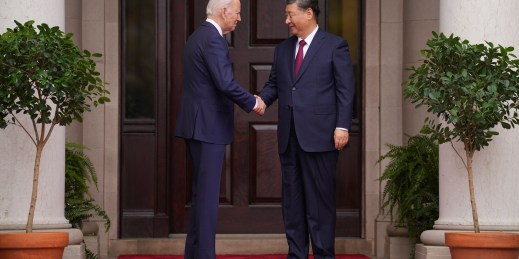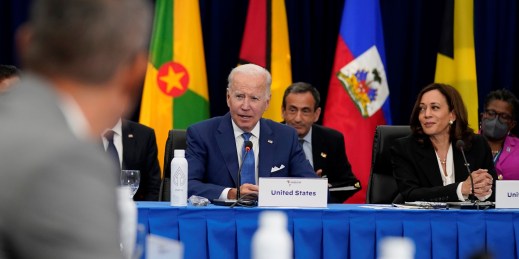
At a time when free trade deals are seen as toxic across the political spectrum, President Joe Biden has promised a “worker-centered trade policy” that aims to create domestic jobs. But from the beginning, his administration’s approach has been met with a great deal of skepticism both from domestic critics and U.S. trade partners.



